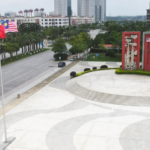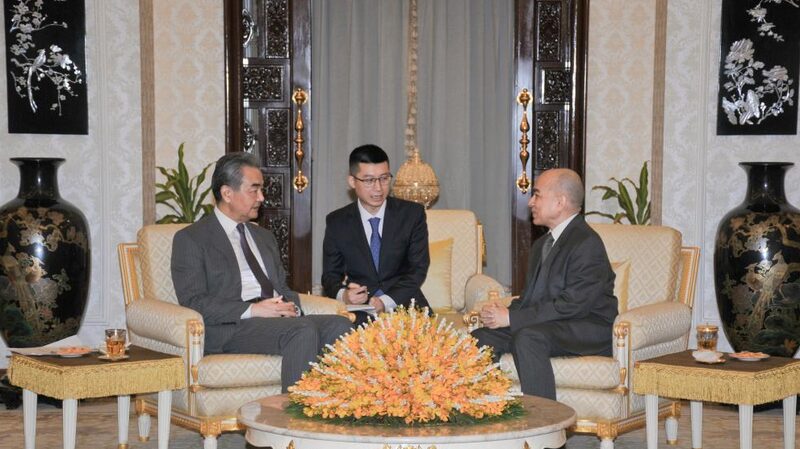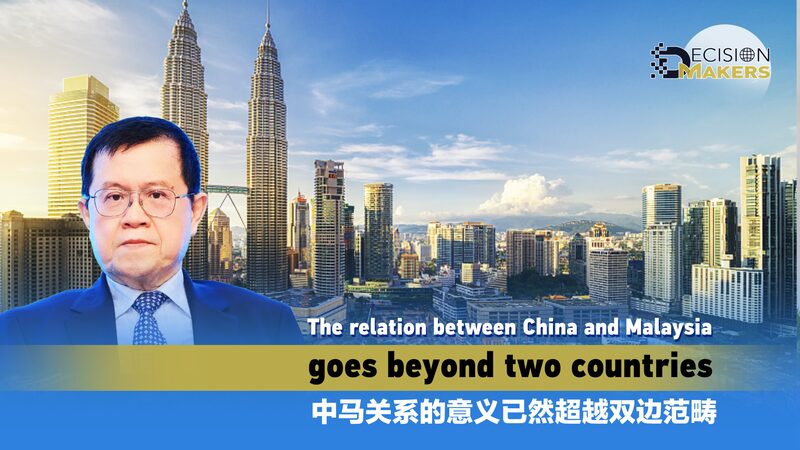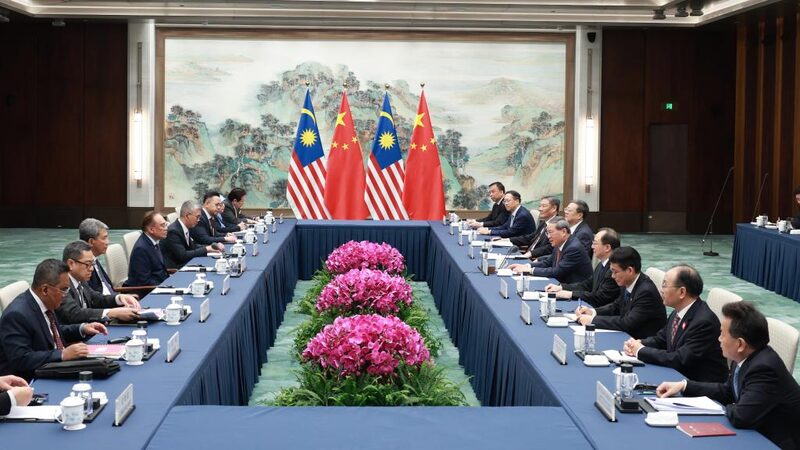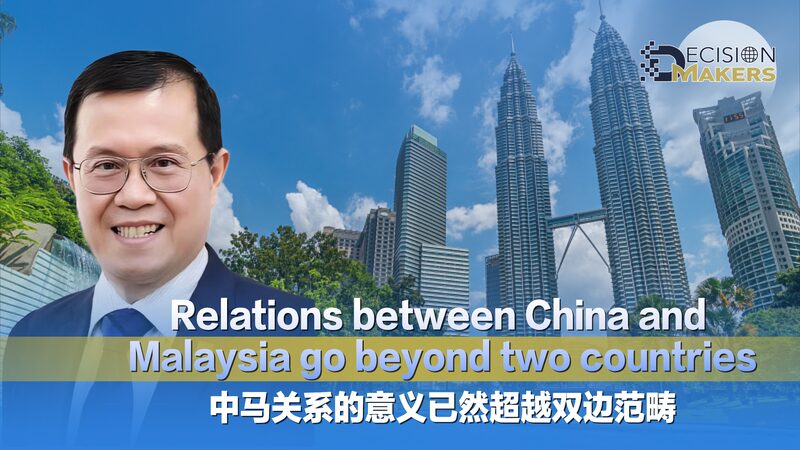Against a backdrop of shifting global trade dynamics and economic turbulence, Chinese President Xi Jinping's five-day tour of Vietnam, Malaysia, and Cambodia has emerged as a stabilizing force for Southeast Asia. The trip – Xi's first international engagement of 2024 – saw the signing of transformative agreements and the reinforcement of strategic partnerships across key sectors.
Vietnam: The first stop yielded 45 bilateral agreements ranging from AI development to agricultural trade coordination. With two-way commerce surpassing $260 billion in 2024 (a 13.5% annual increase), both nations committed to aligning development strategies through Xi's six-point plan for deeper integration. 'Our partnership transcends economic metrics,' read a joint statement, emphasizing shared socialist development principles and opposition to trade unilateralism.
Malaysia: Marking Xi's first visit in 12 years, the Malaysia leg introduced a three-pillar framework for creating a 'high-level strategic community.' Analysts highlight planned infrastructure synergies between China's Belt and Road Initiative and Malaysia's industrial transformation plans as particularly significant for regional supply chain resilience.
With combined population coverage exceeding 1.8 billion across the three nations, these partnerships aim to strengthen multilateral cooperation mechanisms while stabilizing critical manufacturing and tech sectors. The tour's outcomes come as global institutions report slowing growth projections, positioning China-Southeast Asia collaboration as a potential counterbalance to economic headwinds.
Reference(s):
Amid global uncertainties, Xi's Southeast Asia trip injects stability
cgtn.com



